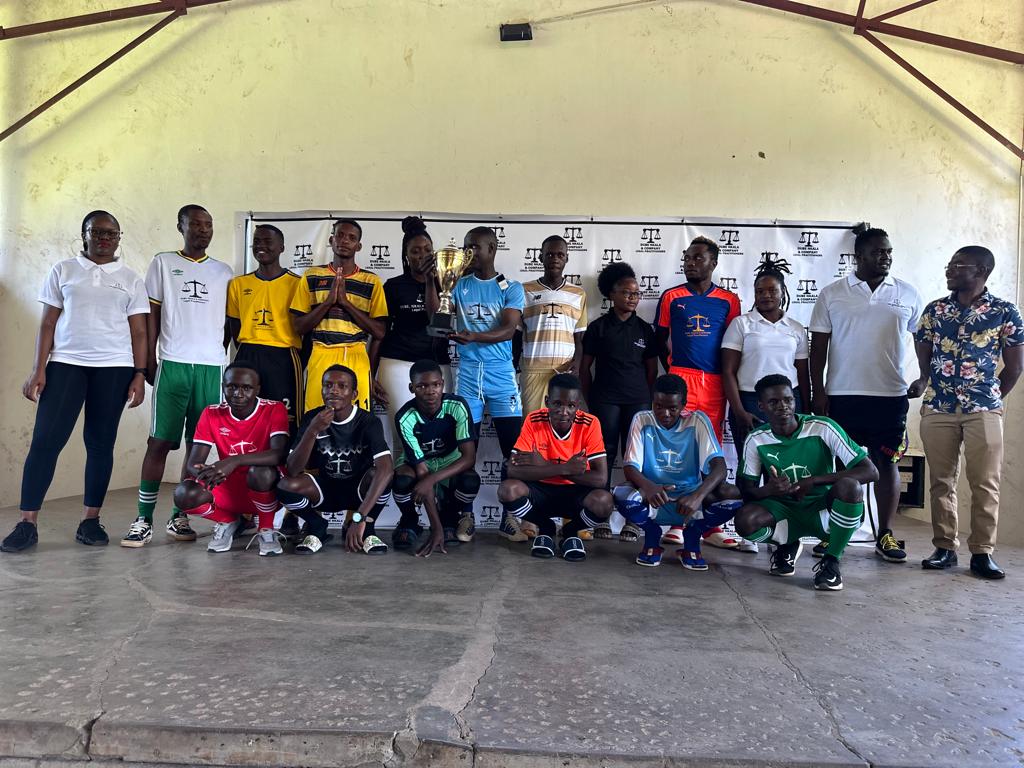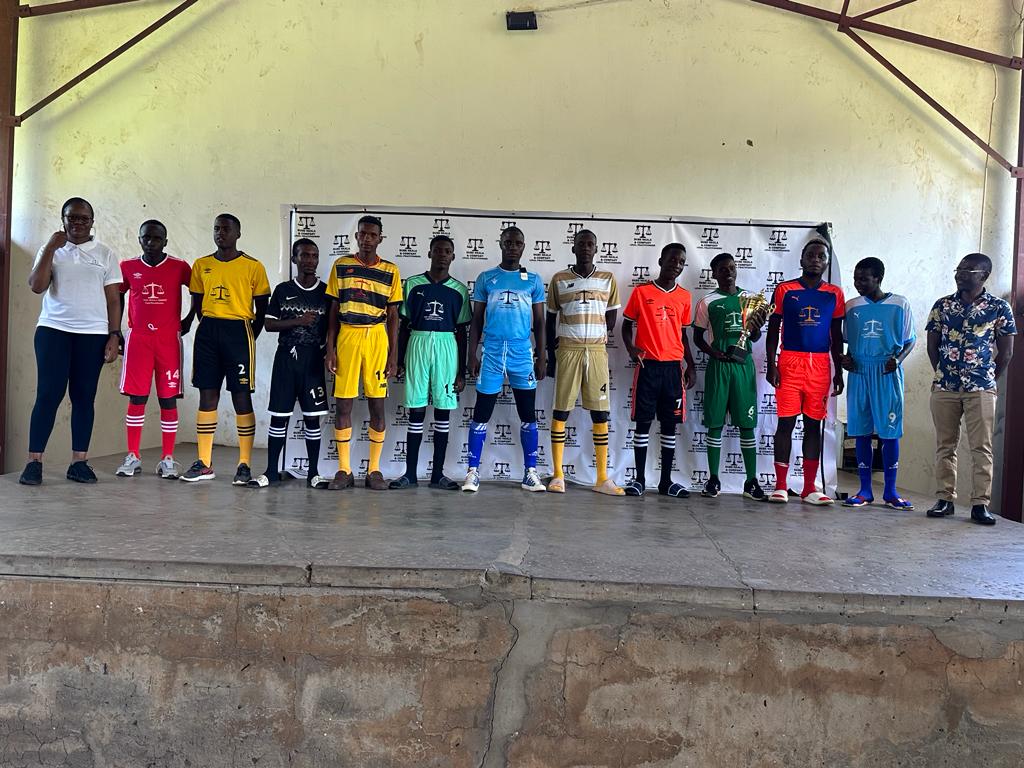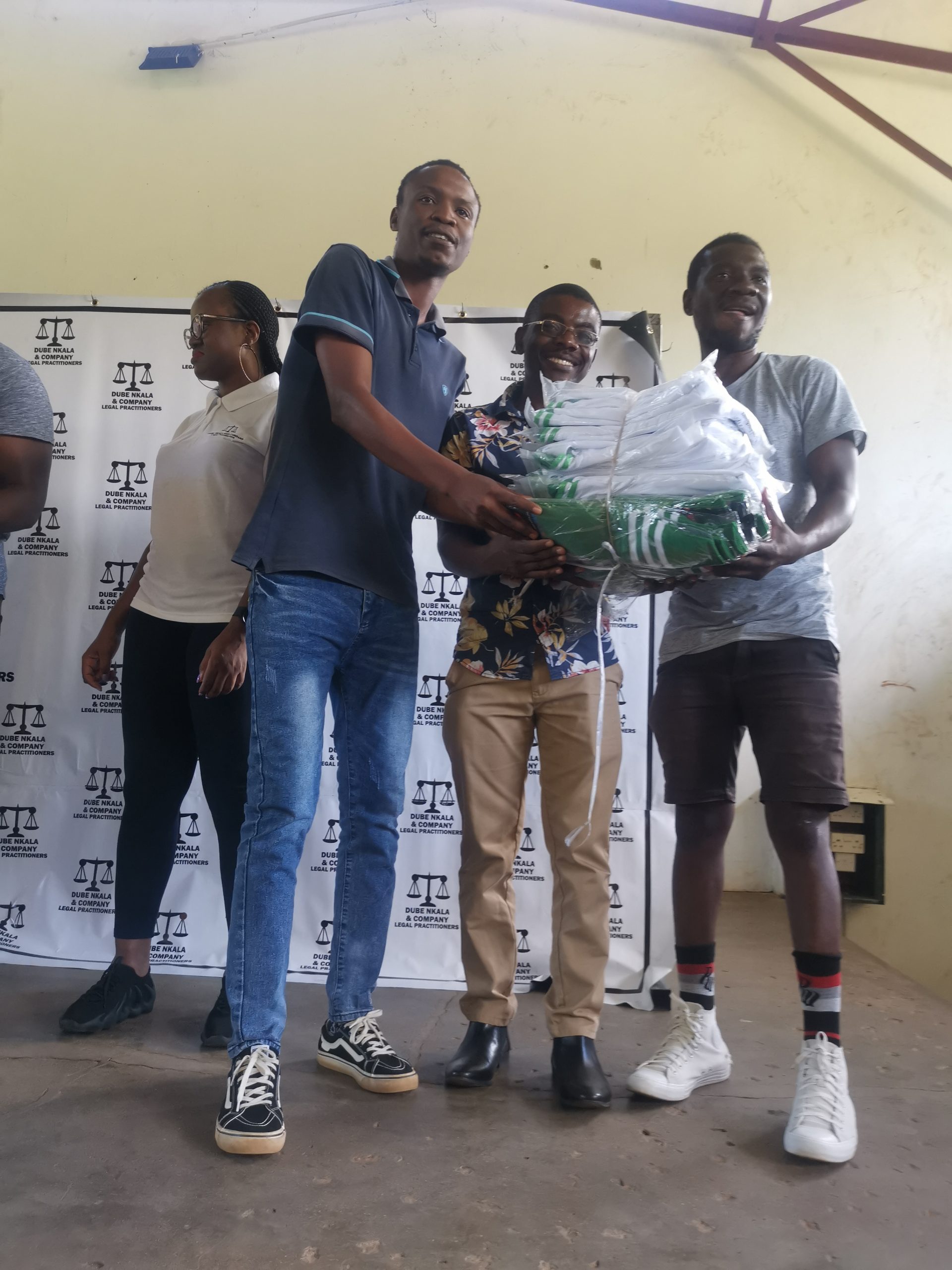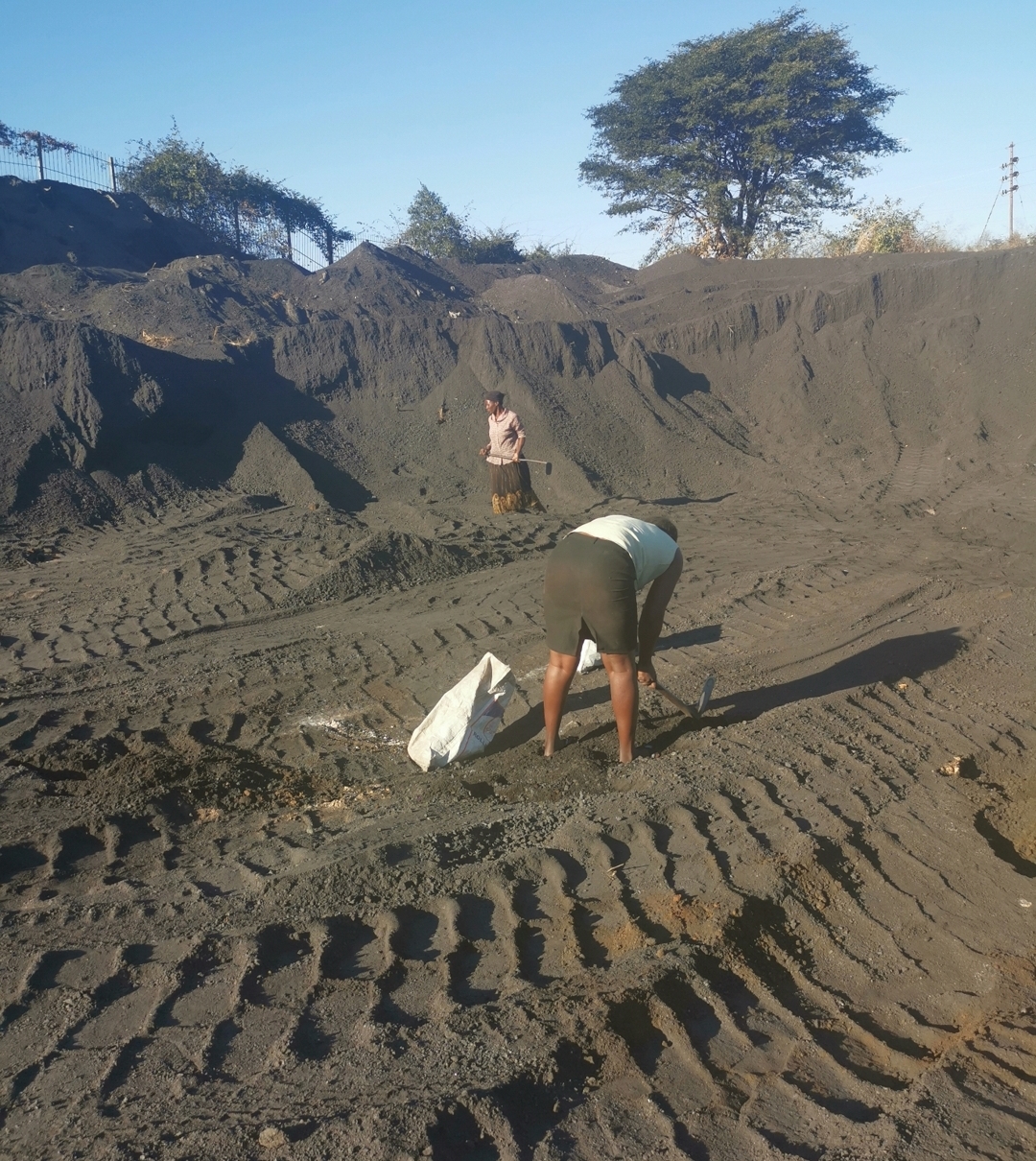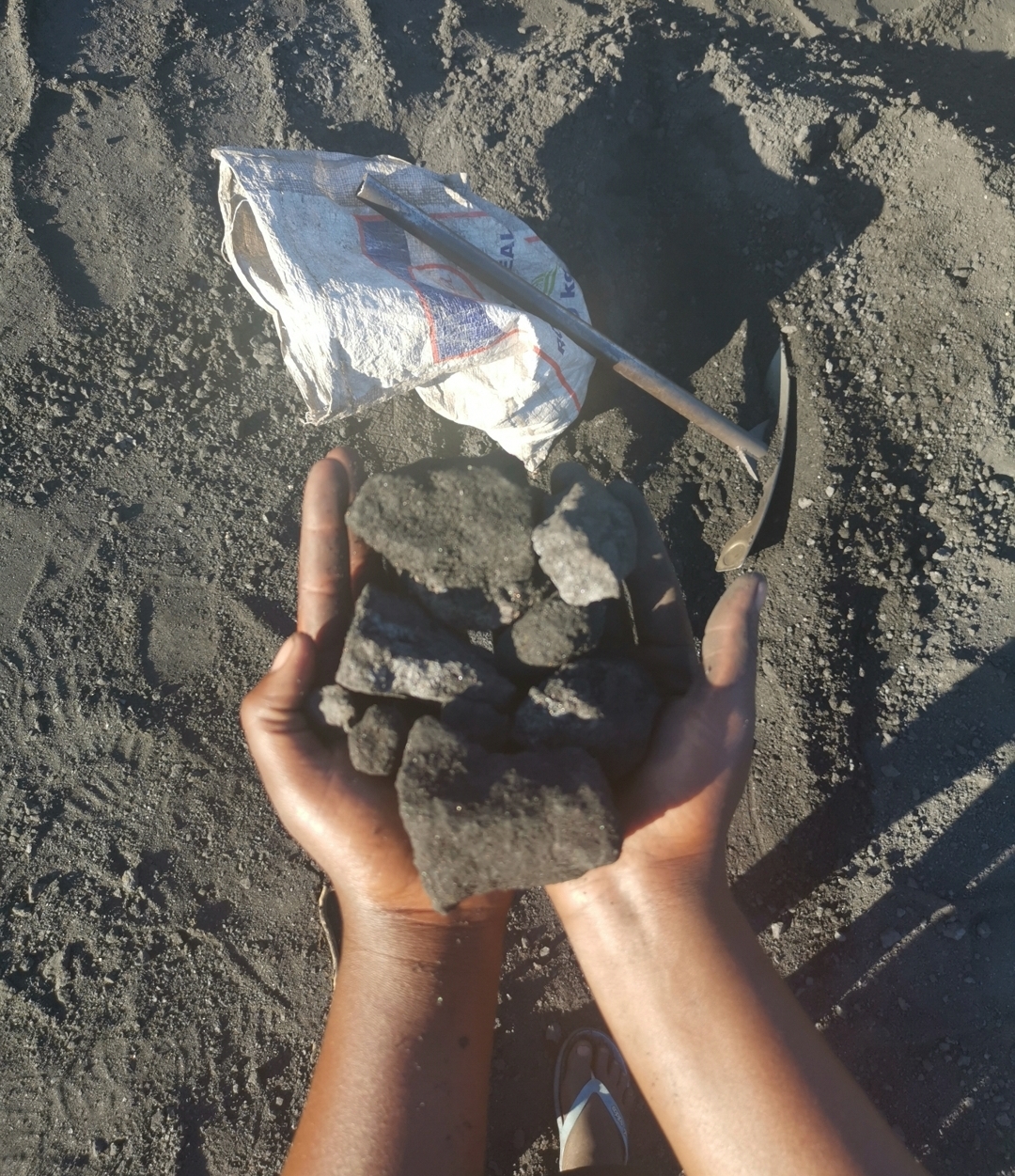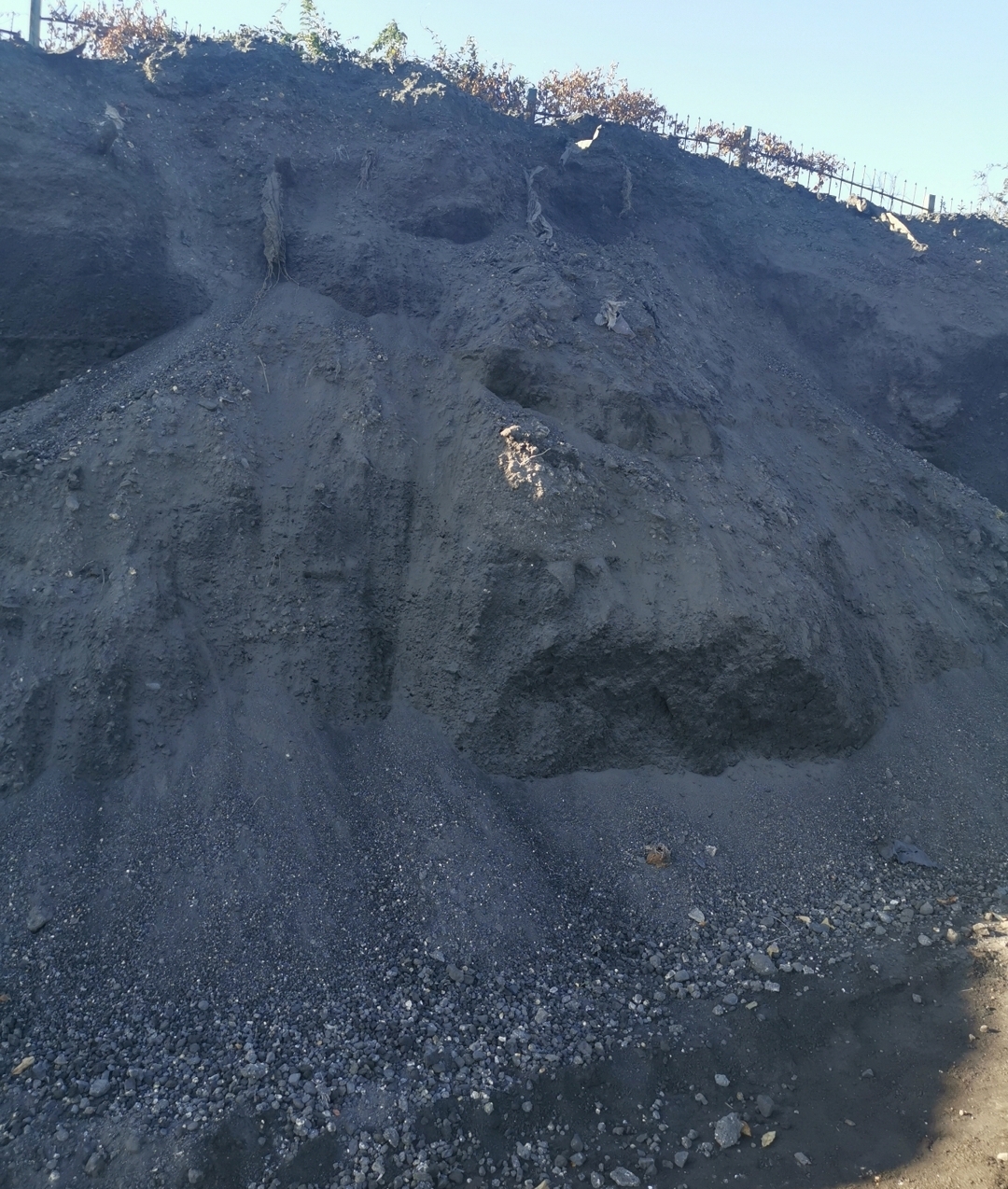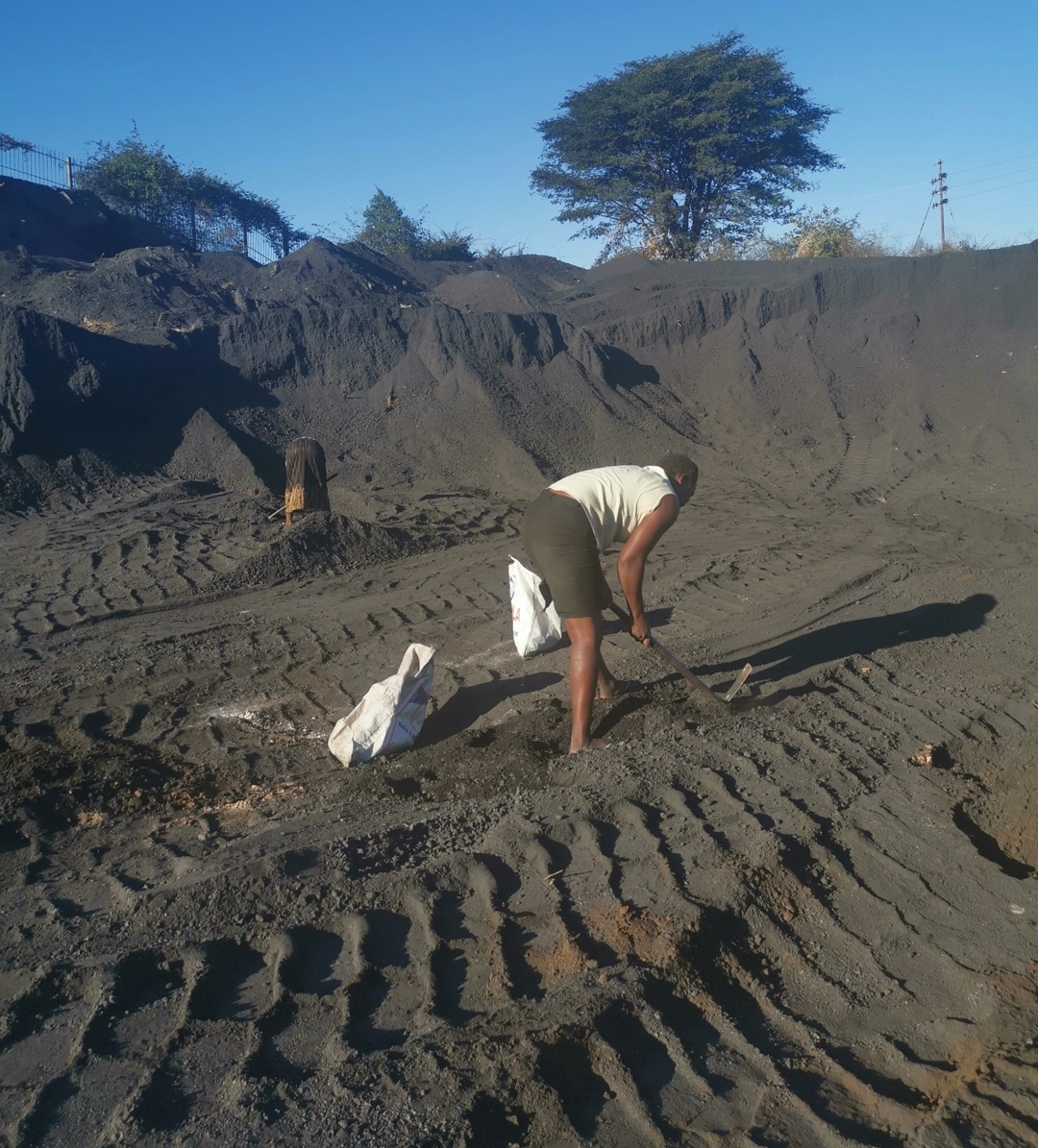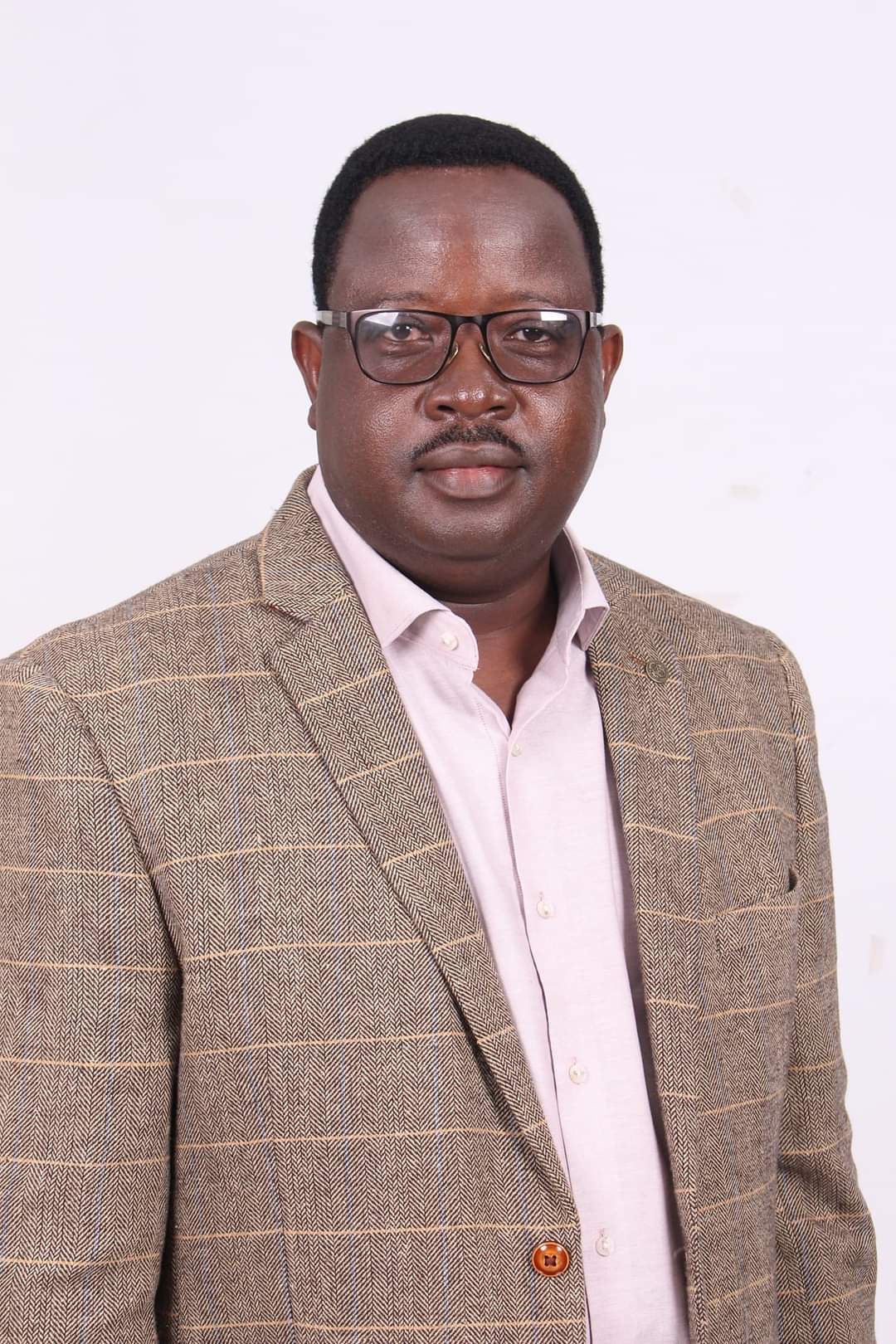LIECESTER – The 18-year-old attacking midfielder comes from a sporting
family.
His father, Jeffrey Maswanhise, was a top Zimbabwean sprinter, while his
older brother and mother also had an interest in the discipline.
His father’s popularity in Zimbabwe has seen many of the nation’s fans
watch on over the last week as Tawanda joined Brendan Rodgers’ outfit on their
pre-season training camp in Surrey.
After Friday’s final session, the City starlet – known as JT by his
team-mates – spared some of his downtime to talk through his experiences as a
Fox to date.
“I joined when I was seven or eight years-old,” he explained. “I’ve been
here for 10 years now, and when I was younger, I knew that there would be good
opportunities for me here, and I’ve been up through all of the age groups.
I was born in Zimbabwe as well, but I came to England when I was two
years-old. I’m getting quite a lot of love over there because my dad obviously
used to be a former sprinter for Zimbabwe and obviously he’s got a lot of
friends and family and fans over there. They are showing a lot of love.
“I always wanted to be a footballer. My mum was into athletics as well
because that’s how they met. I’ve just watched my dad all the years, so I was
thinking I want to be like that someday.
“It was impressive, I was thinking one day I could be like him as well.
Even my brother, he’s 25 now, he used to be a sprinter as well, and enjoyed
football as well.”
Such were his performances for the Club’s Under-18s in 2020/21,
Maswanhise trained with the first team and was named in a Premier League squad
for the first time ahead of City’s clash with Manchester United at Old
Trafford.
If the occasion wasn’t big enough already, he watched fellow Academy
star Luke Thomas score his first Premier League goal for the Club en route to
their first away win over the Red Devils since 1998.
Reflecting on his inclusion in the matchday squad, Tawanda said: “I felt
confident when I got told the news the night before that I was in the squad and
I didn’t really feel any nerves until I was on the bench.
“It was a good experience inside the changing room. The love and all the
togetherness inside the changing room was quite big in there so I felt
confident and I was ready to come on.
“We stayed overnight in Manchester, Salford I think it was, and I felt
relaxed, thinking about what if I do come on. I was just thinking about
different scenarios, if I do come on or if I don’t, and it was quite good
actually.
“In that week or so in the lead up to that, I was training with the
first team. It’s been tough but I’m managing, I’m getting better and I’m
improving day by day, so as long as I’m improving day by day, I can show the
coaches what I’m doing.
The past few games I’ve played, I’ve just had little conversations with
Brendan about my positioning of where I play. I’m an attacking midfielder so
he’s just telling me improvements and successful things I’ve done out of
possession, so it’s been really helpful.”
A week away with the first team in Surrey would have no doubt helped him
to gather further information to improve his game, as he trains and plays
alongside some of the Club’s biggest stars.
He played the opening 45 minutes against Burton Albion, and then
impressed during the first half versus Wycombe Wanderers before being named as
a substitute in the 3-3 draw with Queens Park Rangers.
“It’s been a lot of games and a lot of training sessions,” he said.
“I’ve started both of the games now (pre-QPR) and Brendan has told me make sure
you express yourself in the games before you go out.
“I feel like there’s improvements here, it’s been good, I just need to
keep going and we’ll see where it takes me. I’m learning. I heard about
[Patson] Daka’s goalscoring form last season so when it came to the Burton
game, I was thinking: ‘I’ve got someone next to me or someone in front of me
that can score, so my job is to assist them or get close to them’.”- lfc.com

 Slider1 year ago
Slider1 year ago
 News1 year ago
News1 year ago
 Tourism and Environment2 years ago
Tourism and Environment2 years ago
 News3 years ago
News3 years ago
 News2 years ago
News2 years ago
 News2 years ago
News2 years ago
 News1 year ago
News1 year ago
 News1 year ago
News1 year ago

